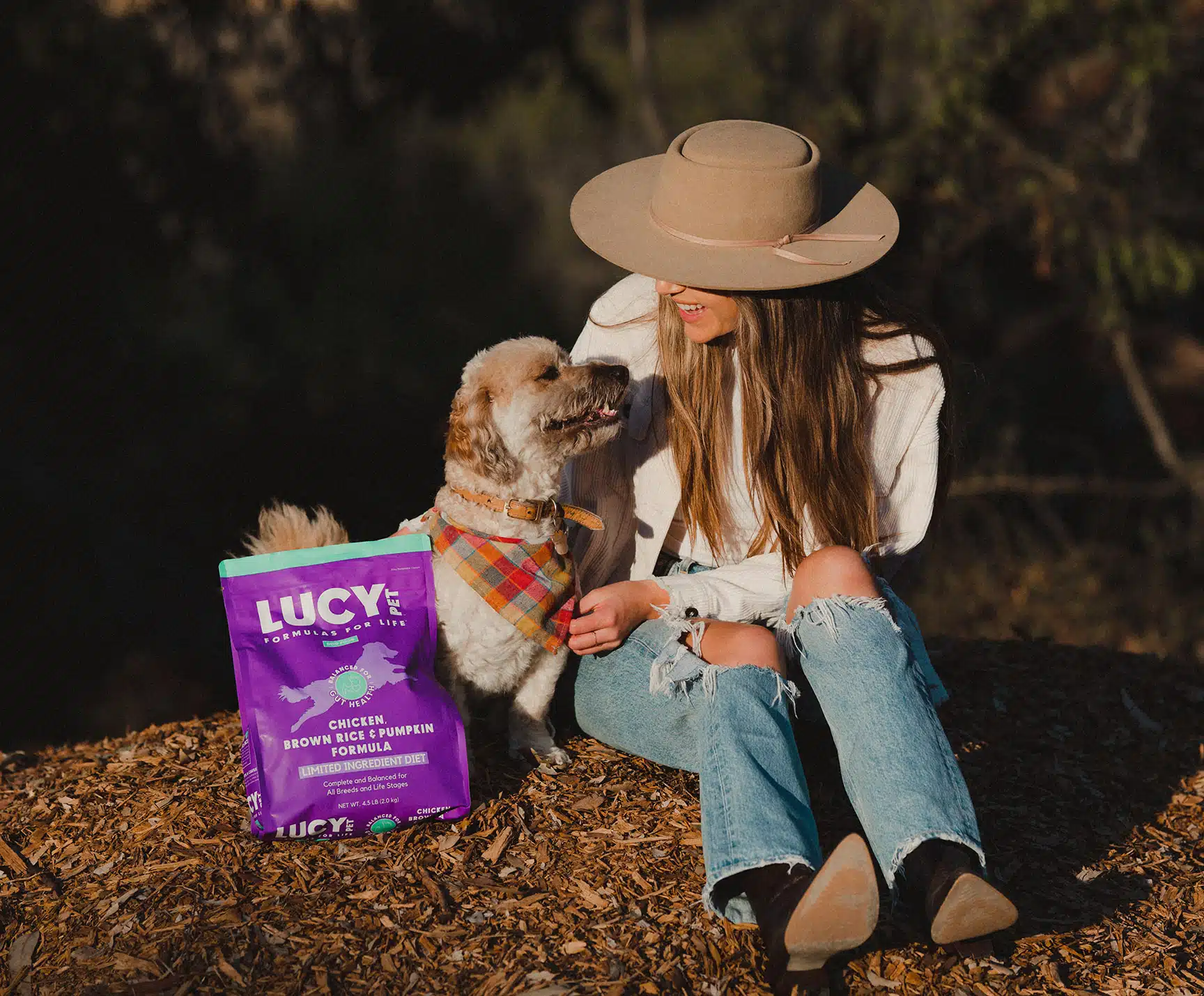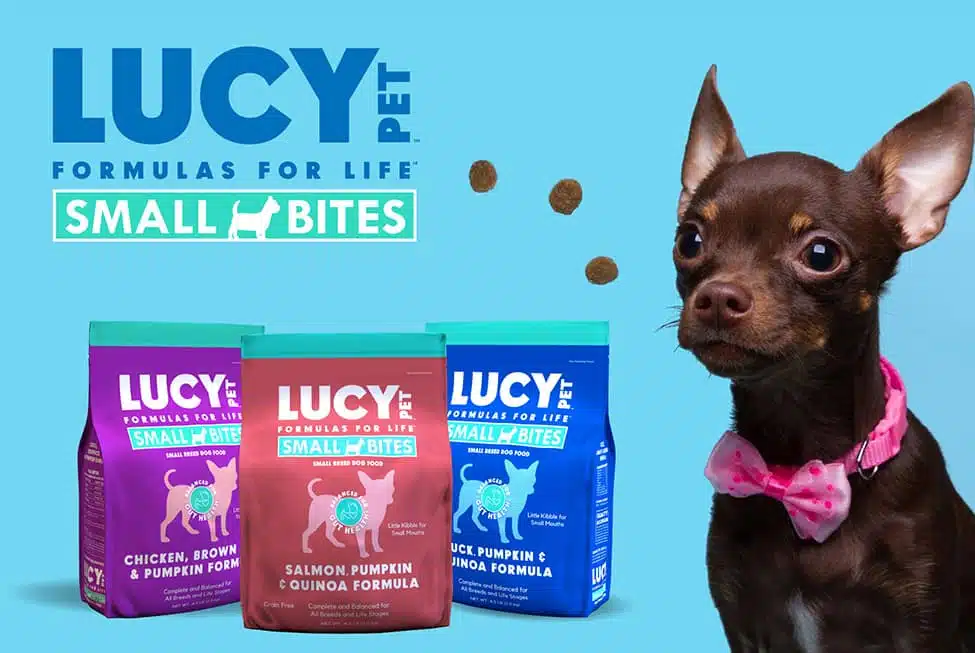
There are so many wonderful ways our dogs are beloved members of our family and many others where they’re seemingly human to us dog owners. And there’s one vital area in which they share our very threads—their immune system. Just like you, your dog’s immune system is their first line of defense against illness, both from outside invaders and genetic disorders.
So how do you boost a dog’s immune system? Let’s look at some ways you can strengthen your dog’s inner force field against illness and disease so that their body is poised for action, efficiency, and a long, healthy life.
Let’s Play
As with you, exercise is a pillar of a strong immune system for your dog as well. Yes, that trip to the dog park will keep the boredom, chewing, and anxious behavior at bay; but it yields an even far greater bounty for their immune system health in the following ways.
- Being even a few pounds overweight will tax your dog’s immune system. In a vicious cycle, a weak immune system will lead to illness, which will lead to a further compromised immune system. Exercise will help to keep your dog at his ideal weight and stave off weight-related disorders such as diabetes, arthritis, high blood pressure, kidney disease, and certain forms of cancer.
- Vigorous exercise is known to be a short-term stressor, meaning that it taxes the muscles, joints, and cardiovascular system just enough to serve as an immune booster for dogs.
- Regular exercise reduces system-wide inflammation. Furthermore, a reduction in inflammation takes unnecessary stress off of your dog’s immune system and can improve its overall function.
Cozy Up
Love to cuddle with your pet? Go for it pet owners—science has your back on this one! Frequent doggie pets and snuggles boost the immune system in dogs by releasing oxytocin. Oxytocin, a chemical released by the brain, balances and even reduces cortisol (the stress hormone that puts stress on the immune system).
Get Social
Not only is socialization vital to your dog’s emotional outlook, but proper socialization—with humans and with other dogs—is another key to a robust immune system.
Besides the benefits of exercise and the increased oxytocin which we’ve already mentioned, dog parks, doggie day camps, and play dates will expose your dog’s immune system to foreign germs and will help to build gradual, natural immunities to this bacteria.
Some further food for thought is that the more socialized your dog is, the less fearful and stressed he will be during grooming sessions, vet visits, and overnight boarding. And the less fearful, the less cortisol response and the healthier the immune system.
Clean Is the New Healthy
It’s time to look beyond your dog’s weekly bath and see how to boost your dog’s immune system with a little extra cleaning.
Wash Your Dog’s Belongings Like You Do Your Own
What do your dog’s toys, bowls, bed, blankets all have in common? Germs, millions of germs and tons of good and bad bacteria. You wouldn’t use the same day after day without washing it, would you?
Then treat your furry family member as such, remembering that just because he’s an animal doesn’t mean his immune system is any different from yours.
Washing your dog’s bowls every day, as well as their toys, bedding, and blankets on a routine schedule will keep their immune system from having to do the work that your dishwasher or your washing machine can easily do instead.
Reduce Toxic Overload
Exposure to toxins is an unfortunate consequence of daily life—for you and your dog. But helping to mitigate toxins in your dog’s living environment will lead to greater immune health and thereby greater overall health. Here are a few ways you can boost your dog’s immune system through toxin removal:
- Take the Road Less Traveled – It’s time to get off the beaten path and into nature! What may be a slight inconvenience to your schedule will reap untold benefits for your dog’s immune system. By getting him out of rural or neighborhood areas on his walks, you will save him from sniffing, walking through, or—worse yet—nibbling on pesticide-treated grasses and flowers.
- Use Natural Cleaning Products – The urge to sniff and lick every surface they come into contact with is just part of being a dog. The problem is that by doing so, they may be ingesting dozens of harmful chemicals every day. Maybe you can’t stop the licking, but you can swap out toxic cleaners for natural ones!
- Remodeling? Have Your Dog Stay with a Friend or Relative – You already know this but… your dog is exactly 1-3 feet from the ground at all times. And when you’re doing even the slightest remodel, that puts your precious pooch that much closer to the toxic dust that settles on your floors (whether you can see it or not). Keep his lungs, his eyes, and his entire immune system healthy by keeping him away from your mini construction zone.
- Reconsider using Topical Pesticides on Your Dog – Yes, those terrible ticks and sneaky fleas are a danger to your dog. But a potentially worse danger to your dog and the immune system is the potentially toxic pesticide that you may be putting on the neck. The toxins that repel and kill insects can seriously impair your dog’s immune system health. Consider opting for natural pest repellents instead of pesticides.
- Keep a Watchful Eye on Vaccines – If your dog has had any adverse reactions to vaccinations, talk to your vet about limiting vaccinations to the “essentials.” While a natural pathogen will encourage your pet’s immune system to mount a defense as nature intended, a lab-created pathogen may cause an adverse reaction to their immune system and cause much larger problems.
Some pet parents subscribe to the “better-safe-than-sorry” belief regarding vaccinations and choose to err on the side of letting your pet’s natural immune system do its best work without any intervention. This is a matter of personal choice but speak with a holistic veterinarian to discuss options that are best for your dog. Never make the choice for your pet without understanding all the considerations. Small side effects from vaccinations can be telling that your dog’s immune system is reacting adversely to a vaccination. Be sure to closely monitor your canine the day of, and a few days following vaccination and note any unusual side effects, no matter how seemingly insignificant:
- Lethargy
- Loss of appetite
- Loss of hair at the injection site
- Fever
- Sneezing
- Stiffness and/or unwillingness to be active
Support the Gut
Your dog’s digestive enzymes play a mighty and invaluable role in your dog’s immunity, for they make up 70-80% of the immune system. A healthy digestive system is therefore integral to your dog’s overall health. New research shows that gut health is the key to a long and healthy life, so choose a kibble that is designed to support gut health.
Don’t Feed Them Raw Foods
Yes, dogs are scavengers, but domesticated dogs are not feral. Contrary to the popular raw pet diets, your dog’s digestive system has adapted far beyond that of his wolf days and is no longer able to kill pathogens, worms, and diseases that could be lurking in raw food. The closest thing to raw food that you should be feeding your dog is pure flaxseed.
A new study in the Vet Record-Journal has concluded that the pathogens in raw meat are not tolerated by your dog’s immune system and can be deadly (both to you and your canine).
Hydrate! Water Cleanses the System.
One of the simplest and sadly overlooked ways to bolster your dog’s immune system is by making sure they always have access to clean, freshwater—and plenty of it. Proper hydration will flush toxins out of the liver, kidneys, bladder, and the bloodstream. As mentioned earlier, wash the water bowl daily to kill germs and provide fresh water daily.
And the rule of thumb here? Don’t give your dog water that you would not be willing to drink: make sure they are drinking filtered or bottled water, and keep them away from streams, puddles, and rain spout water. They’ll be sad about the latter, but their immune system will thank you.
Balanced Diet for Gut Health
We mentioned the importance of gut health above. Perhaps the most important way you can ensure a healthy immune system in your dog is by providing them a precisely-formulated food like Lucy Pet Formulas for Life™. Created by Dr. George C. Fahey—whose 40 years of proven scientific pet nutritional research has led him to be the world’s leading expert in fiber, digestion, and gut health—Formulas for Life™ dog food will support your dog’s immune system from the inside out with the following balanced nutrition:
- B.F Prebiotic Balanced Fiber ™ – Prebiotics are healthy natural fibers that feed the natural probiotics already in your dog’s gut. Abundant flourishing probiotics serve to keep bad bacteria at bay and are imperative to your dog’s digestive health, and by extension his immune health. Think of it this way, you can change the bacterial population inside your dog so that there are more favorable “good” bacteria that outnumber the pathogenic “bad” bacteria.
- Corn, wheat, and soy-free – Because of the increasing allergies and intolerance associated with corn, wheat, and soy products, Lucy Pet Formulas offer a variety of options, using truly high-quality ingredients such as brown rice, quinoa, and vegetables such as pumpkin, and even chickpeas mixed in as part of our healthy carbohydrate blend for energy.
- Balanced micronutrients and healthy fats – Immune health relies on the proper nutrient ratio, so your dog’s food must contain antioxidants to help eliminate free radicals and also Omega 3s and 6s which are essential for taming the inflammatory response in their immune system.
Now you know the ways that your dog’s immune system is so similar to yours, and all the ways you can strengthen it on a daily basis. Put these tips for nutrition, cleanliness, and activities into practice; and make the term “sick as a dog” irrelevant in your pet’s world.
Sources:
Lucy Pet. Why Gut Health? : https://www.lucypetproducts.com/p-b-f-prebiotic-balanced-fiber
Lucy Pet. The Lucy Pet Formulas for Life™ Solution: https://www.lucypetproducts.com/formulas-for-life
National Center for Biotechnology Information. Oxytocin and Cortisol Levels in Dog Owners and Their Dogs Are Associated with Behavioral Patterns: An Exploratory Study: https://www.ncbi.nlm.nih.gov/pmc/articles/PMC5645535/
PETA. Flea Control: Safe Solutions: https://www.peta.org/issues/animal-companion-issues/animal-companion-factsheets/flea-control-safe-solutions/
Lucy Pet. Why Is the Digestive System Important? : https://www.lucypetproducts.com/digestive-system-important
BVA Vet Record. Occurrence of Salmonella, Campylobacter, Clostridium, and Enterobacteriaceae in Raw Meat-Based Diets for Dogs: https://veterinaryrecord.bmj.com/content/184/14/442
Is Flaxseed Good for Dogs?”: https://www.lucypetproducts.com/blog/is-flaxseed-good-for-dogs
Importance of Antioxidants for Dogs: https://www.lucypetproducts.com/blog/importance-of-antioxidants-for-dogs







Leave A Comment
You must be logged in to post a comment.